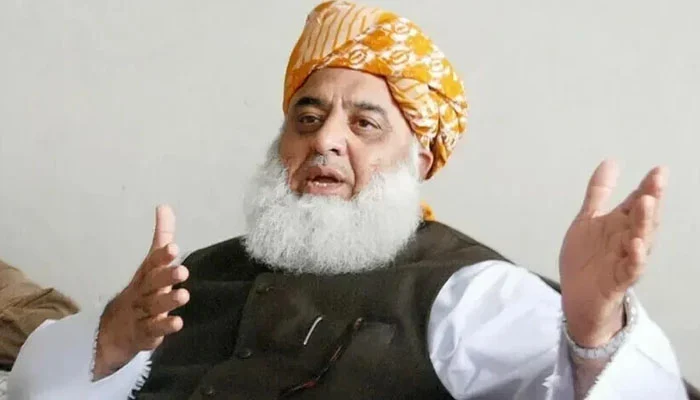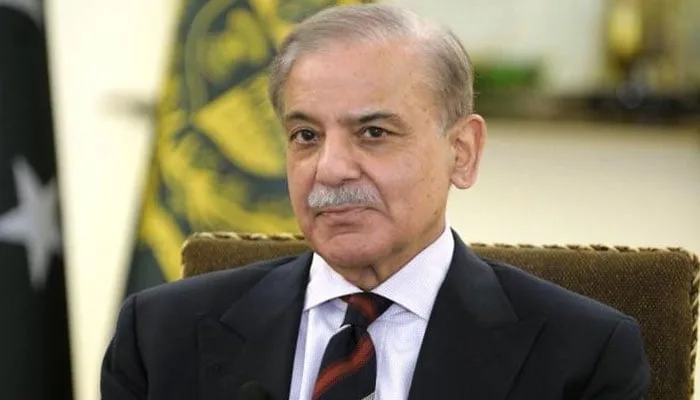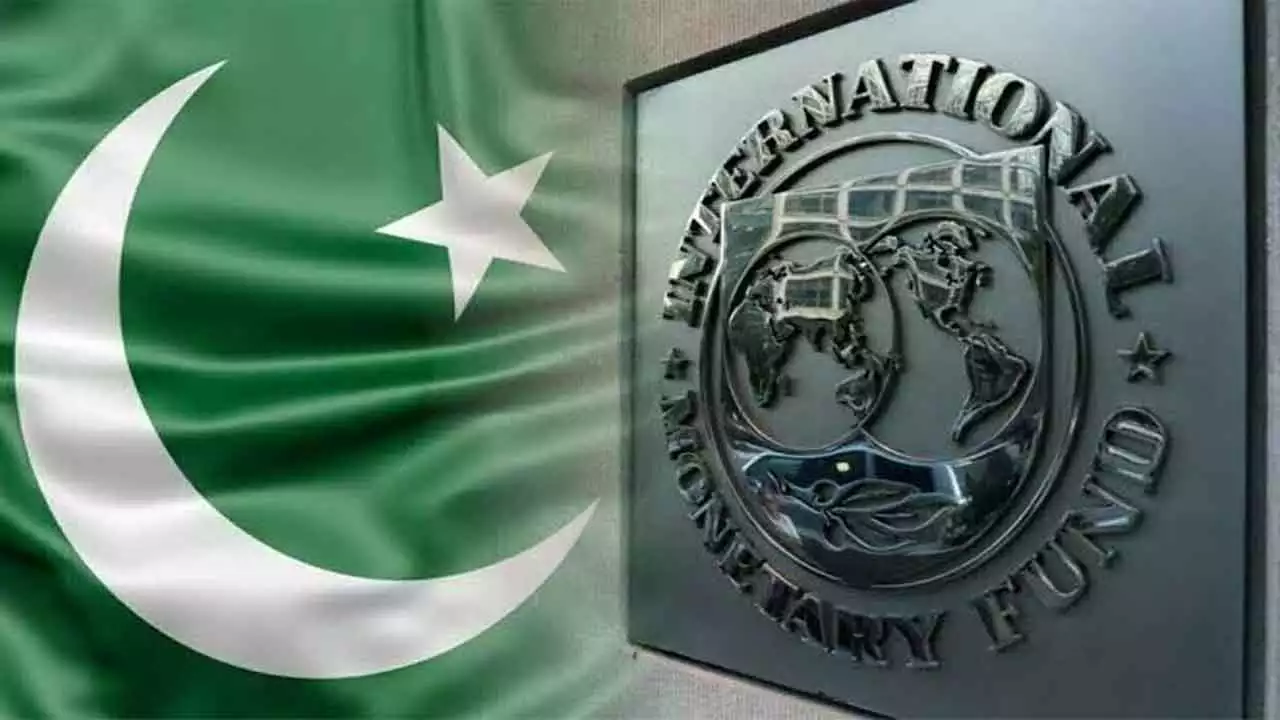In a significant and somewhat clandestine move, Maulana Fazlur Rehman, the head of the Jamiat Ulema-e-Islam-Fazl (JUI-F), embarked on a journey to Gaza in an effort to provide rapid assistance to the Palestinian victims of the recent Israeli attacks. Maulana Fazlur Rehman is one of the first prominent religious and political leaders from any Muslim-majority country to personally travel to a conflict zone. His mission is characterized by a desire to quietly reach out to those affected by the ongoing crisis.
The decision to keep Maulana Fazlur Rehman’s travel plans discreet was intentional, as he aimed to reach the distressed population in a modest and unassuming manner. He carried with him supplies of food and medicines, emphasizing the importance of humanitarian assistance during times of crisis.
The Gaza Strip has been under intense Israeli military operations, leading to significant civilian casualties and widespread destruction. The conflict has evoked strong reactions and sentiments from people around the world, with many expressing their solidarity with the Palestinian cause. Maulana Fazlur Rehman’s visit to Gaza is a tangible expression of his unwavering support for the Palestinians and his commitment to assisting those in need.
It is important to note that Maulana Fazlur Rehman is known for his political and religious influence in Pakistan. He has been a prominent figure in Pakistani politics and has led the JUI-F, a religious and political party with a significant following. His decision to personally travel to Gaza is not only a humanitarian gesture but also a political and symbolic one. It underscores his dedication to the Palestinian cause and his determination to raise awareness about the situation in Gaza.
Maulana Fazlur Rehman has been actively involved in advocating for the rights and welfare of the Palestinian people. His previous efforts include addressing rallies and gatherings in Pakistan, where he has spoken in support of the Palestinian cause. This visit, however, takes his commitment to another level, as he goes on a mission of solidarity and practical assistance.
While details of the journey have been kept confidential, reports suggest that Maulana Fazlur Rehman first addressed a large rally in Karachi, known as the “Taufan-ul-Aqsa March” and the “Sindh Peace Conference.” It was from this platform that he made the announcement of his trip to Gaza. The events served as an opportunity to express solidarity with the Palestinian people and to raise awareness about their plight.
The journey to Gaza signifies the critical role that religious leaders can play in times of crisis. Maulana Fazlur Rehman’s status as a respected religious figure in Pakistan and the wider Muslim world adds weight to his actions. His visit sends a powerful message to the international community about the urgency of the situation in Gaza and the need for humanitarian assistance.
The conflict in Gaza is a deeply rooted and complex issue, with political, historical, and humanitarian dimensions. The suffering of the Palestinian people has drawn global attention and calls for a peaceful resolution to the crisis. Maulana Fazlur Rehman’s visit is a reminder that individuals and organizations from diverse backgrounds can make a difference by extending a helping hand to those in distress.
The visit to Gaza also highlights the importance of humanitarian work in areas affected by conflict. Humanitarian organizations and individuals who engage in such efforts play a crucial role in providing essential relief to those who are most vulnerable. Maulana Fazlur Rehman’s journey is an example of how people from different walks of life can contribute to alleviating the suffering of others during times of crisis.
Maulana Fazlur Rehman’s journey to Gaza is a significant humanitarian and political gesture. It reflects his unwavering support for the Palestinian people and his commitment to providing assistance to those affected by the conflict. His actions underscore the critical role that religious and political leaders can play in raising awareness and addressing humanitarian crises. The visit to Gaza serves as a reminder that solidarity and practical assistance can make a difference in the lives of those facing adversity.



